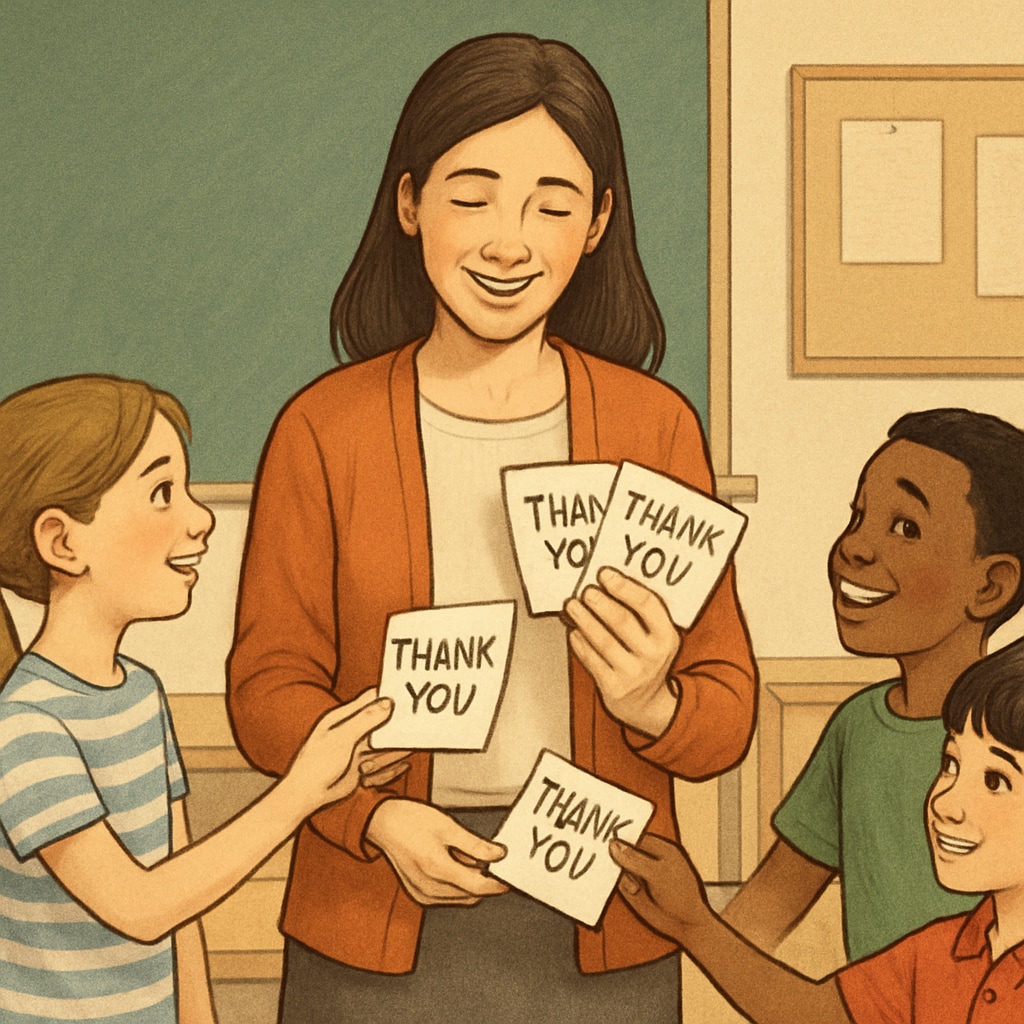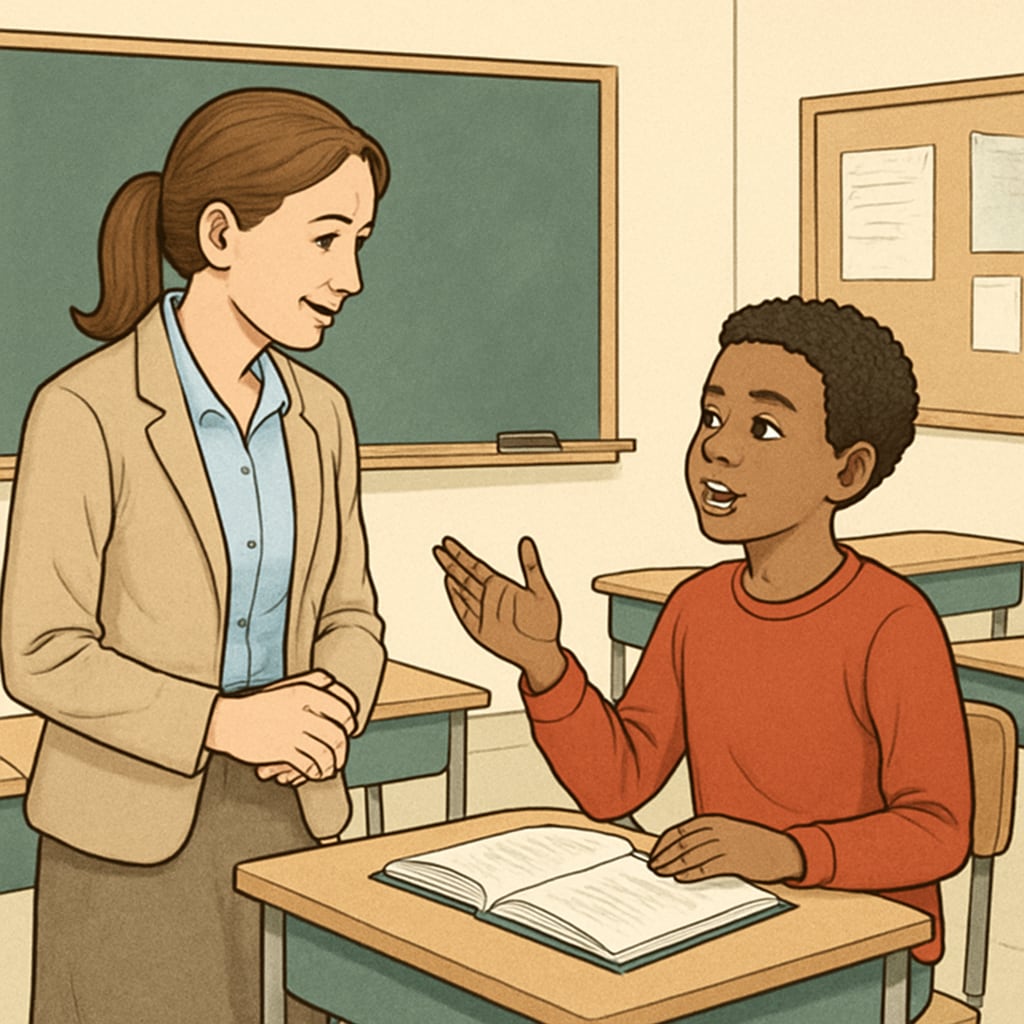In education, moments of sincere student gratitude often reveal the essence of what makes learning truly transformative. The dynamic of student gratitude, teacher influence, and teacher-student relationships plays a pivotal role in shaping both academic and personal growth. When students express heartfelt thanks, it signifies not only appreciation but also the deeper connection that good education fosters.
The Role of Gratitude in Education
Gratitude is more than polite acknowledgment; it is a heartfelt expression that signifies a meaningful exchange between student and teacher. In many classrooms, these exchanges are often overlooked as fleeting gestures, yet they carry profound importance. When students take the time to thank their educators, they acknowledge the impact of guidance, care, and respect in their lives.
For example, research from educational psychology suggests that gratitude reinforces positive behaviors and strengthens interpersonal bonds. It creates a foundation for mutual respect and allows teachers to understand their influence beyond academic metrics.

How Listening and Respect Shape Student Growth
Listening is one of the most underrated skills in education. When teachers genuinely listen to their students, they not only understand their needs but also validate their thoughts and feelings. This act of listening can inspire students to achieve more, knowing their voices matter. Respect, too, plays a vital role, as it builds trust and fosters confidence.
For instance, a teacher who acknowledges a struggling student’s effort rather than focusing solely on results might receive a heartfelt thank-you note. That simple exchange could become a defining moment in the student’s life, encouraging resilience and self-belief.
According to Britannica’s insights on education, respect and acknowledgment are central to creating successful learning environments. These moments, although small, often serve as turning points in a student’s educational journey.

Sincere Recognition: The Lasting Impact
While grades and assessments often dominate education systems, moments of personal recognition can leave an enduring impact. Teachers who receive sincere gratitude from their students often recall these exchanges as highlights of their careers. Similarly, students who feel acknowledged and respected by their teachers remember these moments as milestones in their developmental journey.
Such interactions are not confined to traditional classrooms. Mentorship programs, extracurricular activities, and even casual conversations can spark gratitude and foster meaningful connections. These moments remind us that education is fundamentally about human relationships and mutual growth.
In conclusion, recognizing the power of student gratitude and teacher influence is essential for creating enriching educational experiences. Whether expressed through a simple “thank you” or a heartfelt message, these moments of appreciation underscore the human connections that make education transformative.
Readability guidance: The article uses short paragraphs, active voice, and clear transitions to ensure accessibility. Lists are included to summarize key points wherever possible, avoiding dense text blocks.


